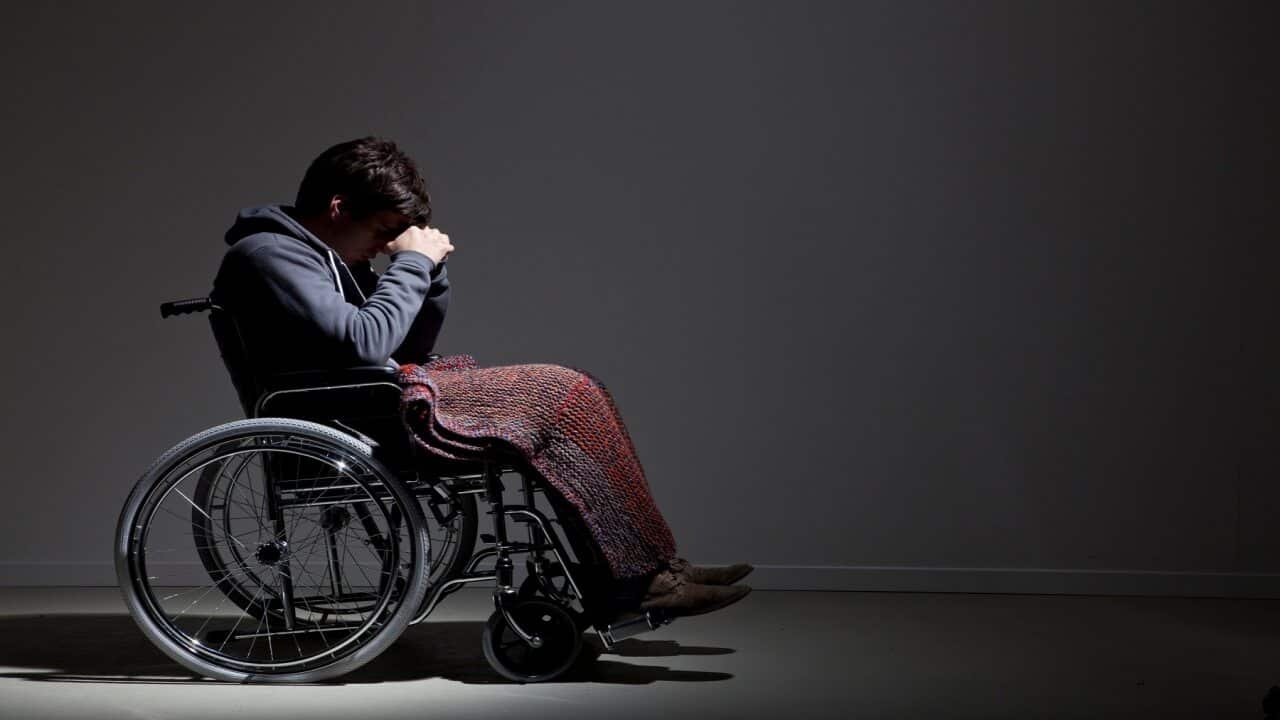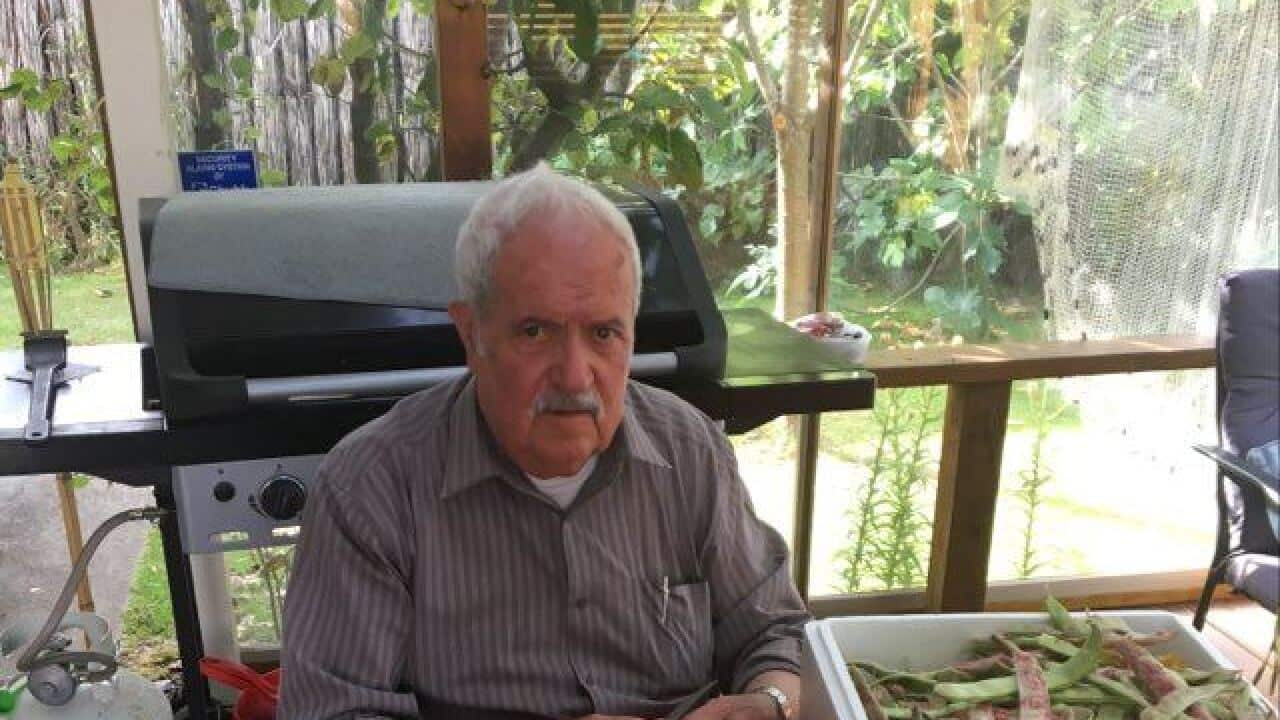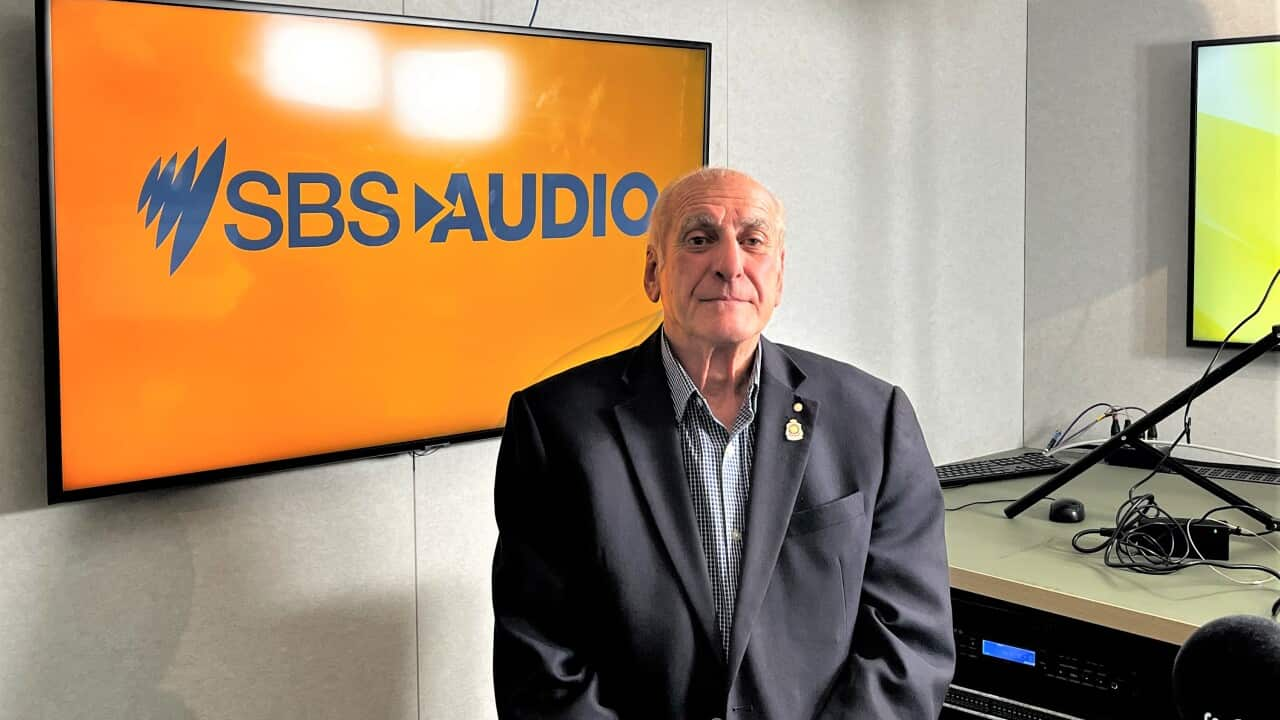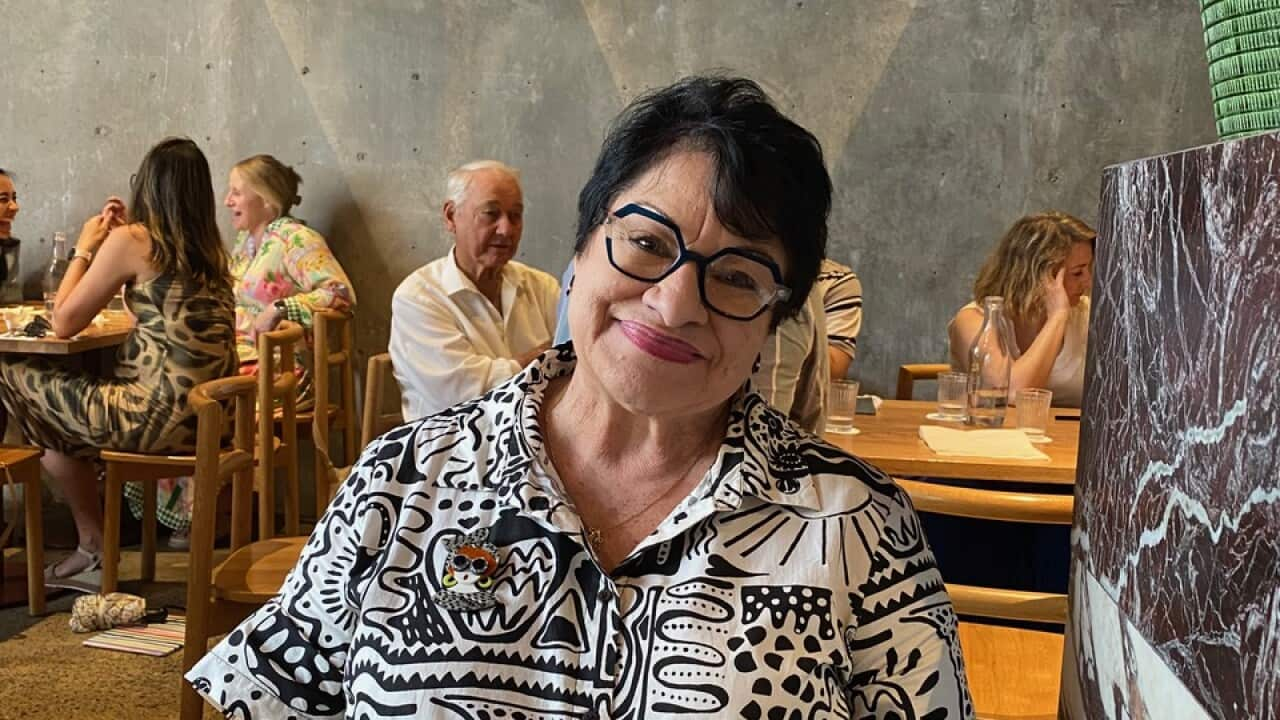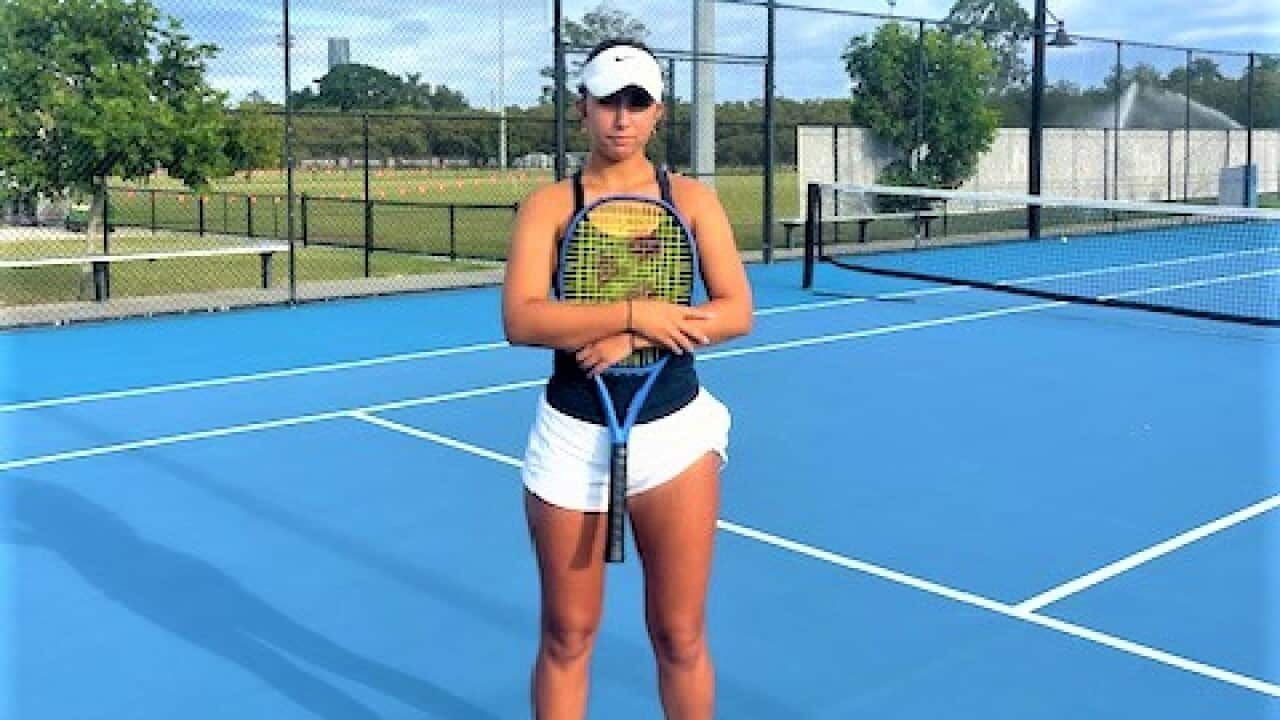The survey was conducted among 25,000 young people with a disability aged from 15 to 19. Six out of ten reported facing a range of barriers to their post-school plans, including those relating to their mental health or academic ability.
Respondents with a disability were also three times as likely as their peers to consider physical health as an obstacle to achieving their goals after school.
Mission Australia chief executive James Toomey told SBS News the new findings were disturbing.
"It highlights the multiplication of challenges of young people with disabilities compared to their peer group - you see numbers of these young people describing themselves as sad or very sad about their lives, 24 per cent compared to 10 per cent of their peer group," he said.
A quarter of those young people had concerns and talked about suicide, compared to 13 per cent of other young people in the survey.
Mission Australia is calling for greater consultation and collaboration with disabled youth. Mr Toomey said more action is needed to address their concerns, improve their well-being and remove the physical, structural and social hurdles that impact on their lives.
ΔΙΑΒΑΣΤΕ ΚΑΙ ΑΚΟΥΣΤΕ ΑΚΟΜΑ

Does coronavirus avoid smokers?

Amy Marks was born with a form of cerebral palsy and now works as a disability advocate. The 23-year-old told SBS News she faced her share of challenges during her childhood and teenage years.
"It was difficult for most of my primary school education. I was the only kid with a visible difference," she said.
"I always felt kind of different to my peers. In saying that, as we got older I did become vice-captain at primary school which I thought was very cool at the time. Going into high school, it started again, I got bullied a fair amount particularly in years seven and eight."
From the age of 13 to 15 she felt those differences particularly badly.
"You are trying so hard to fit in and when you had differences, particularly for me, visible physical differences, it was hard to connect with my peers," she said.
'Things are improving'
On the positive side, the report found young people with a disability are engaged with their education with more than eight out of ten studying full time.
And Amy Marks said things are improving.
"I think particularly the generation that's growing up now, the teenagers and young people, they're a lot more socially-aware and accepting of differences," she said.
ΔΙΑΒΑΣΤΕ ΚΑΙ ΑΚΟΥΣΤΕ ΑΚΟΜΑ

“I feel safe in Phillipines” during the pandemic, says Greek student in Manilla
This podcast is in Greek. For more in English visit here.
